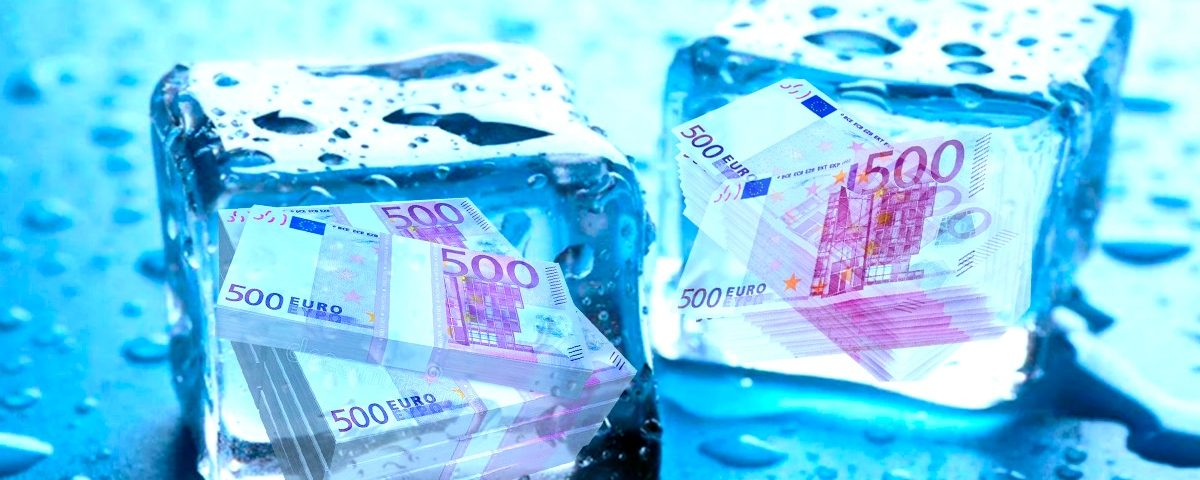
После пребывания в Киевском ТЦК из-за открытой травмы черепа умер мобилизованный мужчина
Октябрь 24, 2025Germany — not just Belgium — may oppose the use of frozen Russian assets to fund Ukraine.
This was reported by the German outlet Tagesschau.
The publication recalls that following yesterday’s Brussels summit, the European Union postponed providing Ukraine with a “reparation loan” at least until December. The final declaration on Ukraine states that Russian assets should remain frozen until Moscow “compensates for the damage caused by the war.”
However, this declaration “ended up being far from what was originally planned.” Tagesschau notes that opposition to granting Ukraine the reparation loan comes not only from Belgium — the main holder of Russian assets — but also from influential circles in Germany’s business community, where there are serious concerns about the project.
“Germany invested in Russia more than any other country. Therefore, it could lose the most from the planned use of the Russian Central Bank’s funds to buy weapons for Ukraine,” said Matthias Schepp, Chairman of the German-Russian Chamber of Commerce.
According to Schepp, German assets worth about €100 billion in Russia are at risk.
After the summit, German Chancellor Friedrich Merz confirmed that Russian assets will remain frozen. However, he added that using Russian money as a basis for a loan to Ukraine faces “serious problems” that still need to be resolved.
“We agreed to act together and look for ways to solve these problems. Decisions on this issue will be made by the end of the year,” Merz stated.
Tagesschau also noted that the European Commission must present its proposals on the reparation loan before the next EU summit, scheduled for December 18.
After the summit, Merz added that German subsidiaries of Rosneft should not fall under new U.S. sanctions.
“I assume that an appropriate exemption will be made for Rosneft,” he said.
Merz clarified that negotiations with Washington on this matter will continue. According to him, the Russian company’s subsidiaries are effectively controlled by Berlin and play a key role in ensuring Germany’s energy security.
These companies — Rosneft Deutschland GmbH and RN Refining & Marketing GmbH — are linked to three major refineries: PCK in Schwedt, Miro in Karlsruhe, and Bayernoil in Vohburg, all currently under external management by the German government.





